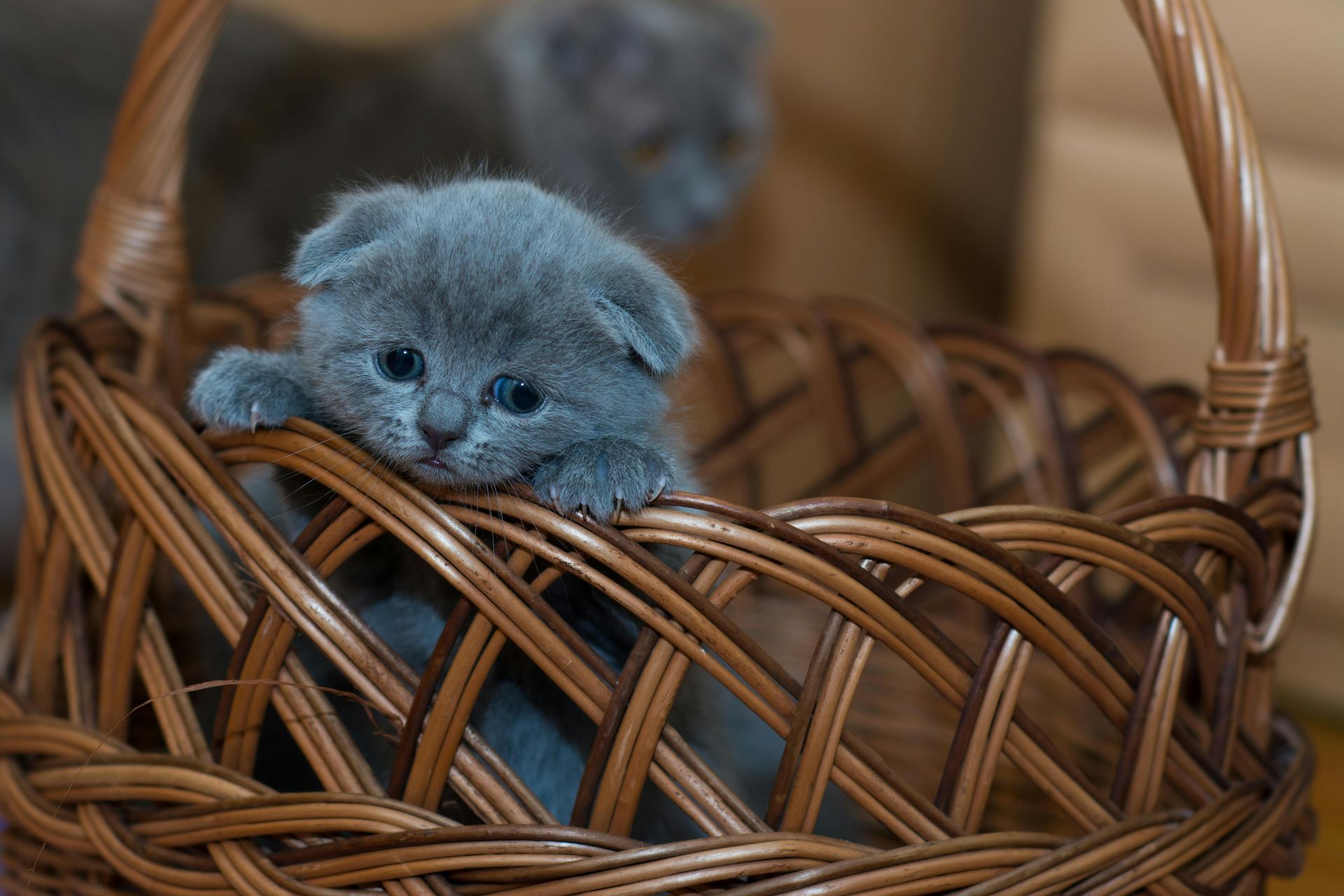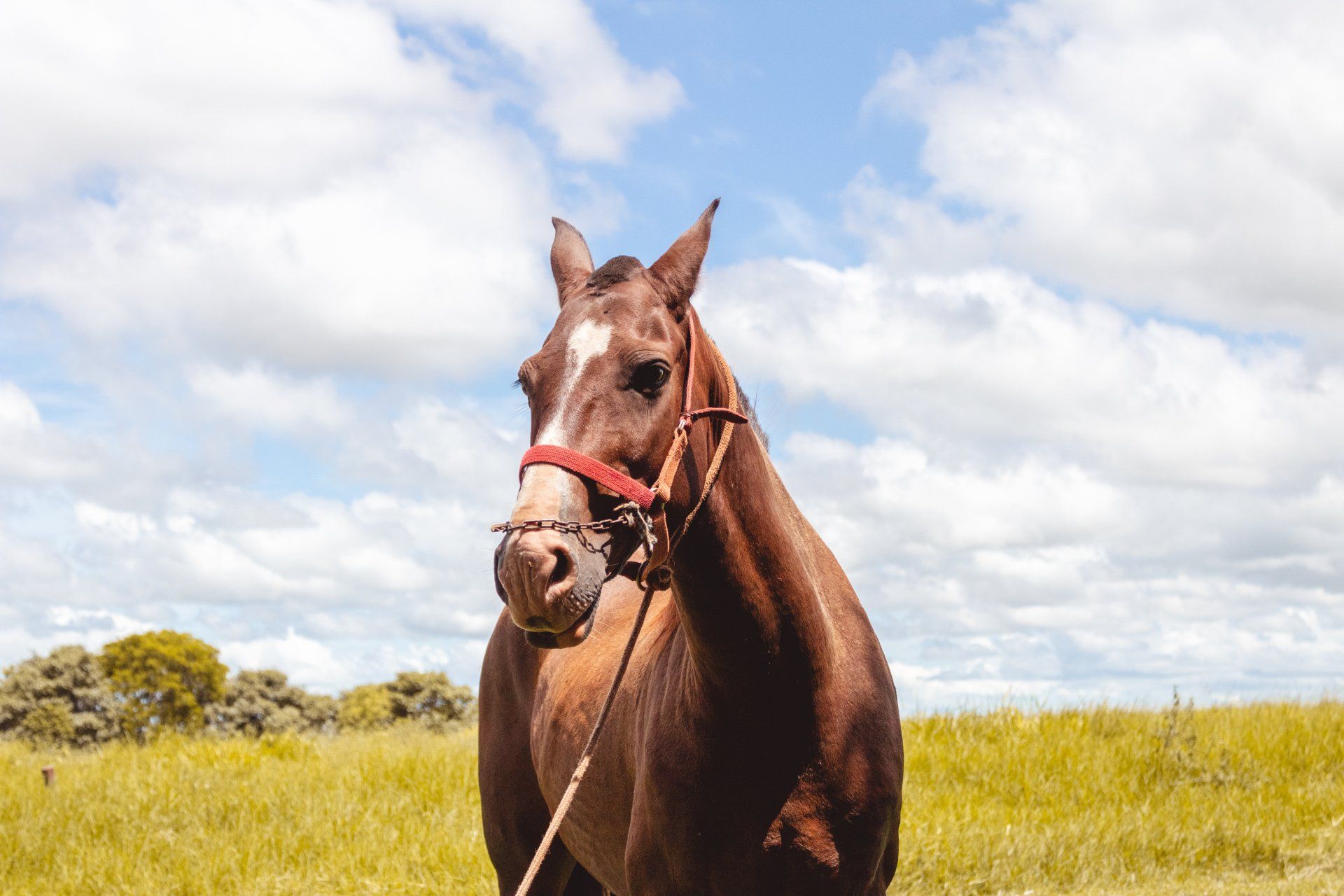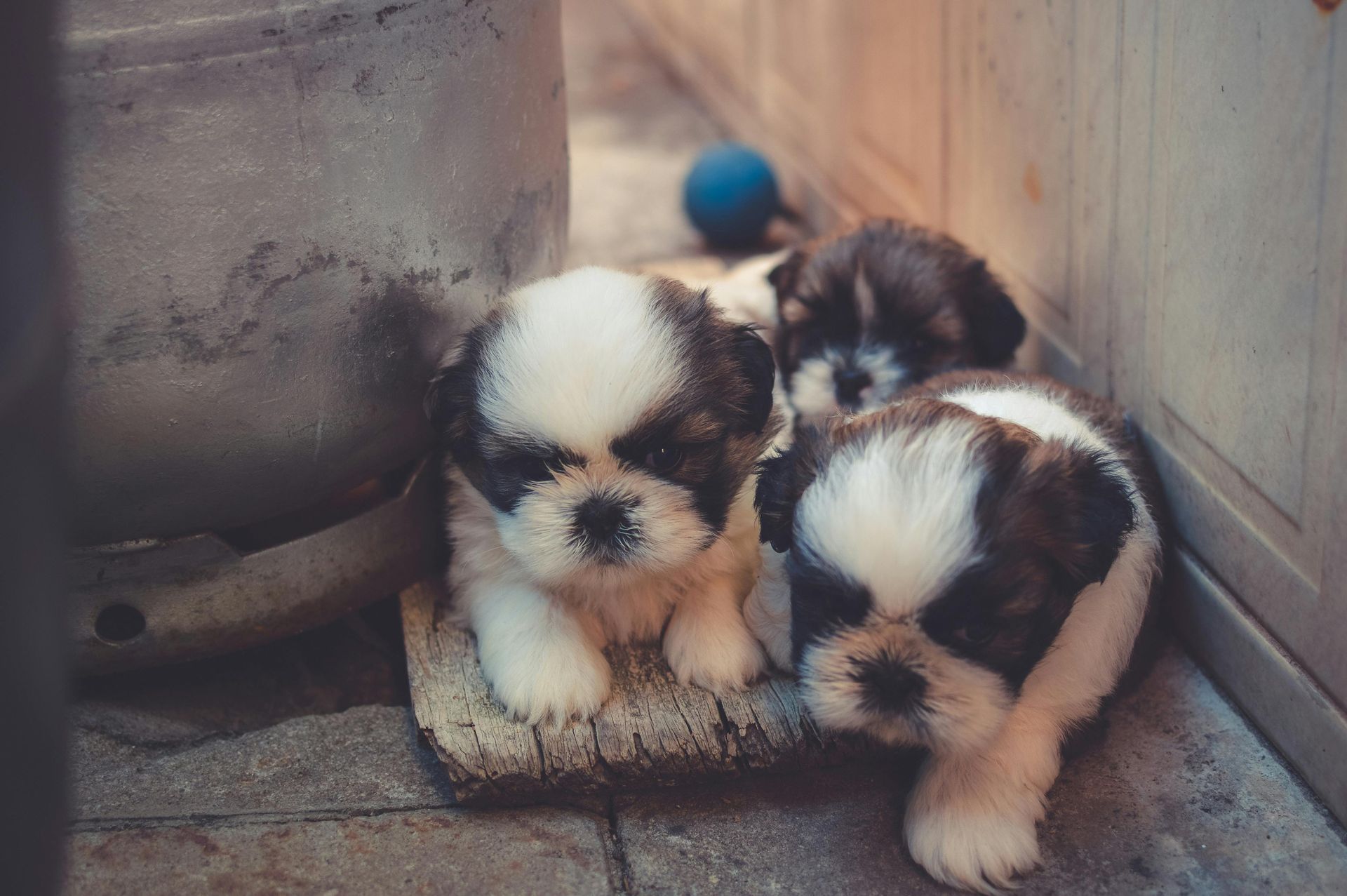Fear of Fireworks in Dogs
Canine Firework Phobia
With the Fourth of July holiday upon us, we thought it would be a good time to discuss the fear of fireworks when it comes to our dogs. The fear of the loud noises and flashes in the sky is a common one among dogs. If you think of it from your dog's perspective, the loud noises and bright lights are random, unpredictable and scary. Hopefully this article will provide a few good tips to helping your dog cope with this fear.
We realize that each dog is unique, and each situation presents its own challenges. This article offers several methods to try to help your dog relax. No single one of these options is 100% effective. Oftentimes, it is necessary to combine several of these methods and techniques to help alleviate anxiety in your pets.
Though it may be to late for this year, desensitizing your dog to the sound of fireworks is one of the more practical methods. This can be done by setting off smaller home fireworks, such as bottle rockets, for a time period leading up to the larger 4th of July celebrations. Other things that work well are the cap guns that are commonly loved by young American boys and the small "poppers" that are available for purchase this time of year. Another good idea is to find a video or recording of fireworks. This video can be played at a low level several times. After a few times, the volume can be turned up. As you play the video, offer your dog positive reinforcement, including treats an praise. Throughout this process, you need to monitor your dog's response. If he or she becomes afraid and anxious, you may need to turn the sound back to a more comfortable level.
On the night of the firework display, there are ways to help your dog cope. One of the most important things if for you to remain calm, cool and collected. Your dog looks to you as the leader and thinks that you are the smartest person in the world. If he or she sees that you are anxious and worked up, he/ she will get worked up as well. (This also applies to many other anxiety behaviors that dogs exhibit). Many times, it is your body language that feeds your dog's anxiety. The tendency is to "baby" your dog by petting and codling them prior to, and during, the fireworks. Do not tense up or jump during the fireworks, as this will continue to fuel your dog's fears.
It is a great idea to try to drown out the sound or muffle it by providing some background noise. This can be a fan, a radio, a T.V. or other source of "white noise." Perhaps it goes without saying, but keep the windows closed as to seal off some of the sound with a physical barrier.
If your dog wants to hide, allow him to hide. Do not try to force him out of his comfort zone. Sometimes a crate acts like a comfort zone, or "cave," for a dog. Placing towels over the cage may provide an additional sound barrier to muffle the loud noises.
Another way to deal with the phobia is to provide a distraction. One such distraction is the Kong Toy. Many dog owners will use the Kong toy in the following way:
1) Stuff peanut butter inside the Kong, preferably in the smaller end of the Kong.
2) Freeze the peanut butter and the Kong toy for 6-8 hours prior to wanting to use it
3) About 10 minutes prior to the beginning of the fireworks, give the Kong toy to your dog. Typically, this will provide a distraction for 30 minutes to one hour.
You may find that simply playing with your dog provides enough distraction. If your dog like "Tug of War," play Tug of War. If she like to play fetch in the house, get the ball out and play with her.
The "Thundershirt" provides yet another option. While it is not the answer for every dog, it works well on some. The concept is that the tighter, compression clothing offers comfort and support to your dog. Of course, this should be used off and on prior the the need to calm your pet. If he/ she is always placed into the shirt at the time of anxiety, they begin to associate the Thundershirt with the anxiety, rather than allowing it to have a calming effect.
If none of these tactics work, there are some anxiety medications and sedative that are available by prescription from your veterinarian. Obtaining the prescriptions will often require a physical examination to ensure the overall health of your pet. At this time, your vet can talk to you about the several options. The sedatives are a short term solution, while some of the anxiety medications can help to facilitate the desensitization to the adverse stimulation that the loud, noisy fireworks provide.
Written and published by Dr. Jeff Fink












